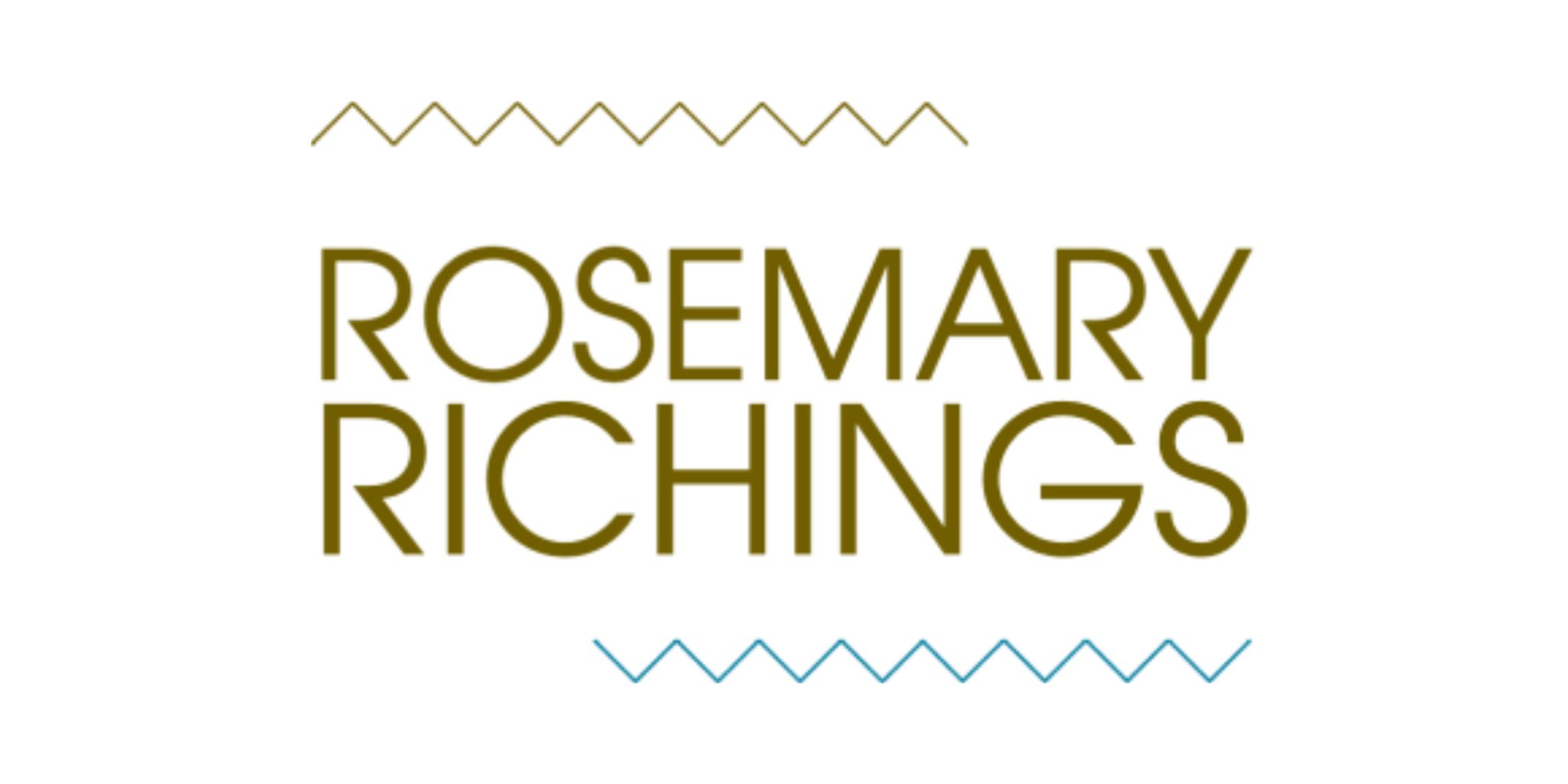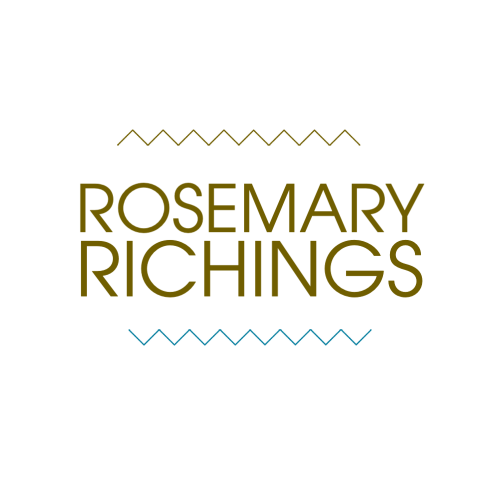When you work from home, your workspace doesn’t necessarily have to be home, but it can be (if you want.) Many of my non-freelancing friends assume that working from home either means well.. you guessed it…working from home, or spending every single work day in coffee shops. Sometimes I do use coffee shops, but that shit’s expensive, if you go there more than once a week, on a regular basis. Unfortunately, the work from home life is one of those things where common expectations vs reality are completely different.
PJs aren’t always the most realistic work outfit
Sometimes I spend entire days working in my PJs, but you want to know what makes me the most productive? Starting off my day by getting dressed as if I’m off to an important, in person meeting, with an important client. The dress for success rule appeals to freelancing too!
Subtle separation of my personal life and my professional life is important
When I work via my home environment, I find that this is a great way to keep myself focused. Small things like only using my bed for sleep and quiet time, leaving loved ones’ names and pictures out of anything public, and always taking meal breaks at the exact same time makes a world of difference.
Another important one: when I take a break I need to switch off completely, and really, really take a break; when I’m working I need to really, really work. If I do that, instead of half doing one or the other leads to maximum productivity. Social media is an important part of my marketing strategy; if I don’t make my social media time and work time separate from each other I won’t get anything done.
Professional Development is equally as important as my actual work
Every time I do a new freelance project I’m always reminded of this. I think the true key to success for work-from-home professionals, is to stay as relevant as possible. Because I write for an online audience things are always changing. There will always be new social media platforms to explore, new software to learn, and new tips and tricks to read about. That’s largely why I started to take Brainstation workshops and courses occasionally. It’s extremely affordable and useful for me. For those of you that are unfamiliar with Brainstation, they’re an organization that’s dedicated to making every aspect of technology accessible to the average working professional.
My editing program is great because I only have to deal with a part-time workload. I’m also learning from a program that has the EAC and PWAC’s seal of approval. A majority of my tweets are links to articles that gave me valuable insight into every aspect of my work, that I think other people should read.
Last but not least: the most valuable lesson of the year…
When in doubt go for a walk. No, I’m not kidding: that’s actually pretty valuable advice! You can’t exactly go talk it out at the water cooler, so that’s where walks come in handy. When I feel stuck putting my headphones on, and doing something as simple as walking around the block, or doing errands can lead to a productive afternoon.
Freelancing has its wonderful moments too. Some of my best freelancing moments involve everything from the Eurostar, during my train ride, from London to Paris, to my bedroom’s windowsill, while the sun was shining, on one of the warmest days of the year. The one thing that these memories have in common is the fact that they inspired me to produce my best possible work.
On an unrelated note: have you seen my website‘s latest changes? I added everything from visual examples of my writing to a slideshow that describes my services. Perhaps you might want to check it out after you’re done browsing my blog?


